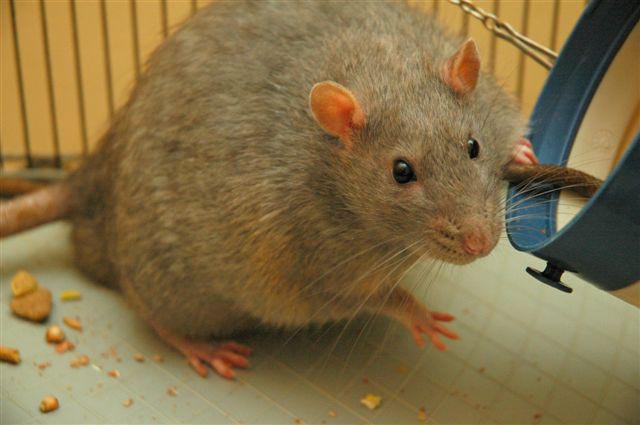
A journal has retracted a paper on the semen of diabetic rats after learning about problems with authorship, and possibly more.
Physiology International, which also is called Acta Physiologica Hungarica, published the article, “The effects of sericin in recovering spermatogenesis and sexual hormone levels in diabetic rats,” in 2019. The first author was Ali Olfati, of Tabriz University in Iran. The second author — on paper, at least — was Felipe Martínez-Pastor, of the University of León, in Spain.
Not so. Per the retraction notice (which now directs to a “page not found” error):
The publisher and editor regretfully retract this article due to the corresponding author A. Olfati’s misconduct of the affiliation of the Institute, and due to the fact that co-author F. Martínez-Pastor has not given him permission for usage of his name in the article.
It’s not clear what “misconduct of the affiliation of the Institute” means.
Martínez-Pastor told us that Olfati — who has not responded to our requests for comment — contacted him towards the end of 2017 asking for his help analyzing data for Olfati’s thesis, and in the preparation of manuscripts based on that work:
I was collaborating with other colleagues from Iran, and I believed that his supervisor had learnt from me that way. However, it was later clear that it was Dr. Olfati’s initiative.
Initially, things went well, with Martínez-Pastor providing advice, assisting with the analysis of the data and helping with writing. But:
there were some issues that surprised me (especially, conflicts with some other authors), and also I noticed that he had problems getting the manuscripts accepted and putting too much responsibility on my side, sending to journals without notice, etc. This is why I was considering cutting my relationship by late 2018. I went on since the manuscripts I was helping on were still unpublished (they are now published, without me in the author list and with my material on them, I have a claim on one of them).
By spring 2019, he asked me to help with the sericin article. It was a bit surprising for me and I did not pay too much attention (my bad, I was preparing for a position in my University). After that, I found out the issues with the article (that it might be fabricated, among other things), and I also discovered about the other articles being published with questionable content, sending to several journals at once, etc. This included offering himself in his ResearchGate page for performing unethical activities for others in order to get articles published.
Realizing that the article was already online, I asked him to remove me from the article at any cost. In fact, my suspicions were confirmed by some colleagues from Iran. We, including his former advisors, decided to warn the journal, not only because of authorship worries, but mainly because we felt the content was forged. I believe we warned the journal by September 2019. …
I am the first one to regret not being more careful in the first place.
Like Retraction Watch? You can make a tax-deductible contribution to support our work, follow us on Twitter, like us on Facebook, add us to your RSS reader, or subscribe to our daily digest. If you find a retraction that’s not in our database, you can let us know here. For comments or feedback, email us at [email protected].
the seminal paper that was not
The link to the retraction notice works for me.
But it’s behind a paywall…tsk, tsk, tsk.